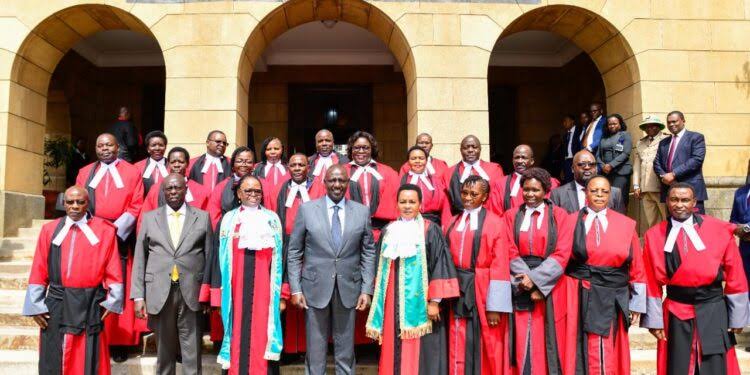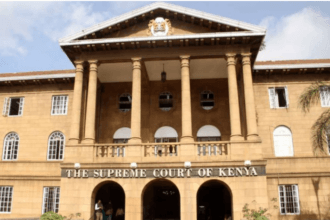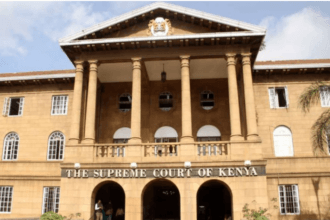
In a significant legal development, the Supreme Court has overturned the previous ruling by the Court of Appeal that had declared the Finance Act 2023 unconstitutional. The Court of Appeal had deemed the entire Act null and void, primarily citing insufficient public participation in the legislative process.
However, the Supreme Court, composed of a seven-judge panel led by Chief Justice Martha Koome, refuted the appeal, highlighting the absence of a specific legal framework governing public engagement in such matters. The justices stated,
“The bill underwent a satisfactory level of public engagement, considering the contexts involved in passing a Finance Act. Therefore, we find no justification for declaring the complete Act unconstitutional.”
While affirming the Finance Act’s validity, the court acknowledged a notable gap in current laws on public consultation. They emphasized the necessity for Parliament to devise a legislative framework to guide public participation as envisioned in the Constitution. Furthermore, the court mandated that
“Parliament must implement measures to ensure that every version of a bill remains accessible to the public at all stages of the legislative process for transparency and review.”
The justices insisted that reasonable protocols must also be put in place for reviewing the proposals, views, and suggestions gathered during public engagement.Ongoing debates regarding the standards of public involvement have led to continued litigation, with Parliament still in the preliminary stages of drafting the necessary legislation.

This legislation is currently awaiting input from the Attorney General. The 53 respondents in the Supreme Court case, led by Busia Senator Okiya Omtatah, argued for the validity of the Court of Appeal’s ruling, claiming that the legislative process was rushed and did not adequately consider the diverse views of Kenyan citizens. On July 31, 2024, the Court of Appeal determined that the Finance Act 2023 was unconstitutional, criticizing Parliament for its failure to justify the acceptance or rejection of public suggestions.
As a result of the Supreme Court’s latest decision, Kenyans will continue to be subject to the higher taxes introduced under the contentious Finance Act 2023. This Act has led to widespread protests across the nation, particularly over the 16% VAT on fuel, the housing levy, and increased pay-as-you-earn tax burdens.On the flip side, this ruling brings considerable relief to the government, allowing the National Treasury to resume collecting the revenues anticipated under the Act.

The government was previously forced to revert back to the Act after the rejection of the Finance Bill 2024, which had spurred significant protests, particularly from the younger Gen Z population. The appeal originated from the Cabinet Secretary for Treasury and National Planning, the Attorney General, the National Assembly, the Speaker of the National Assembly, and the Kenya Revenue Authority, who contested the Court of Appeal’s decision against the 53 respondents, including Senator Okiya Omtatah.
This ruling marks a pivotal moment in the intersection of governance, fiscal policy, and public accountability in Kenya.




